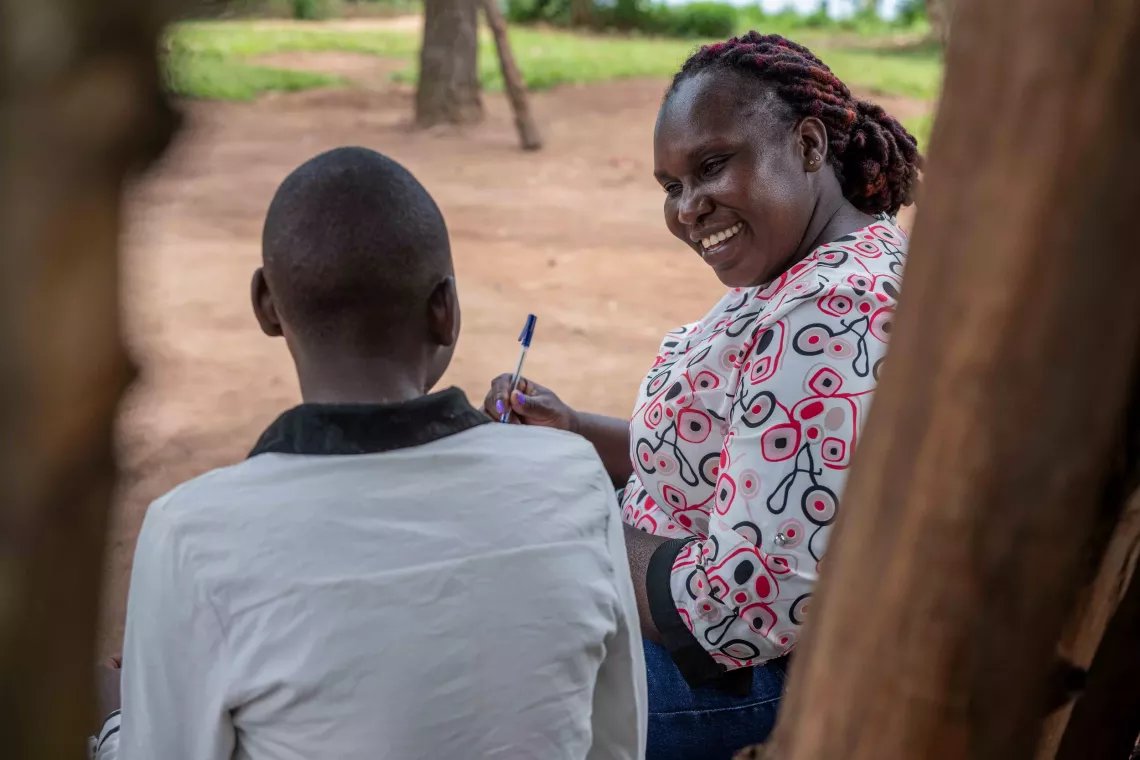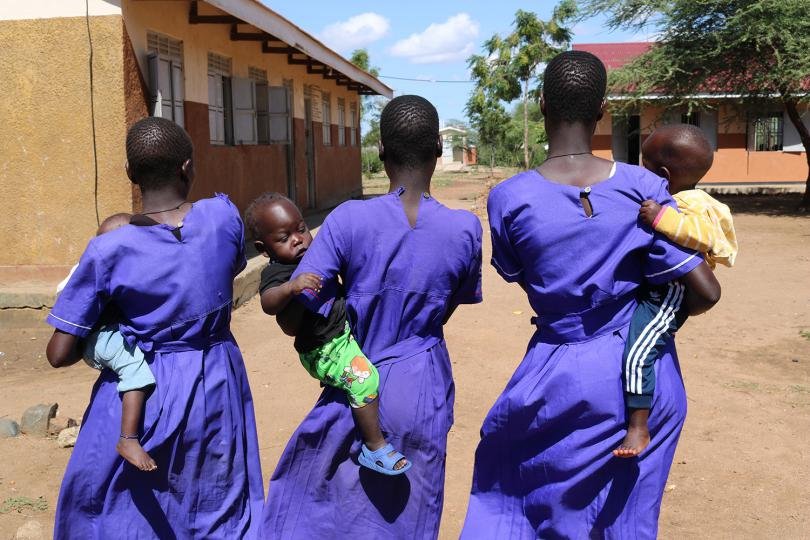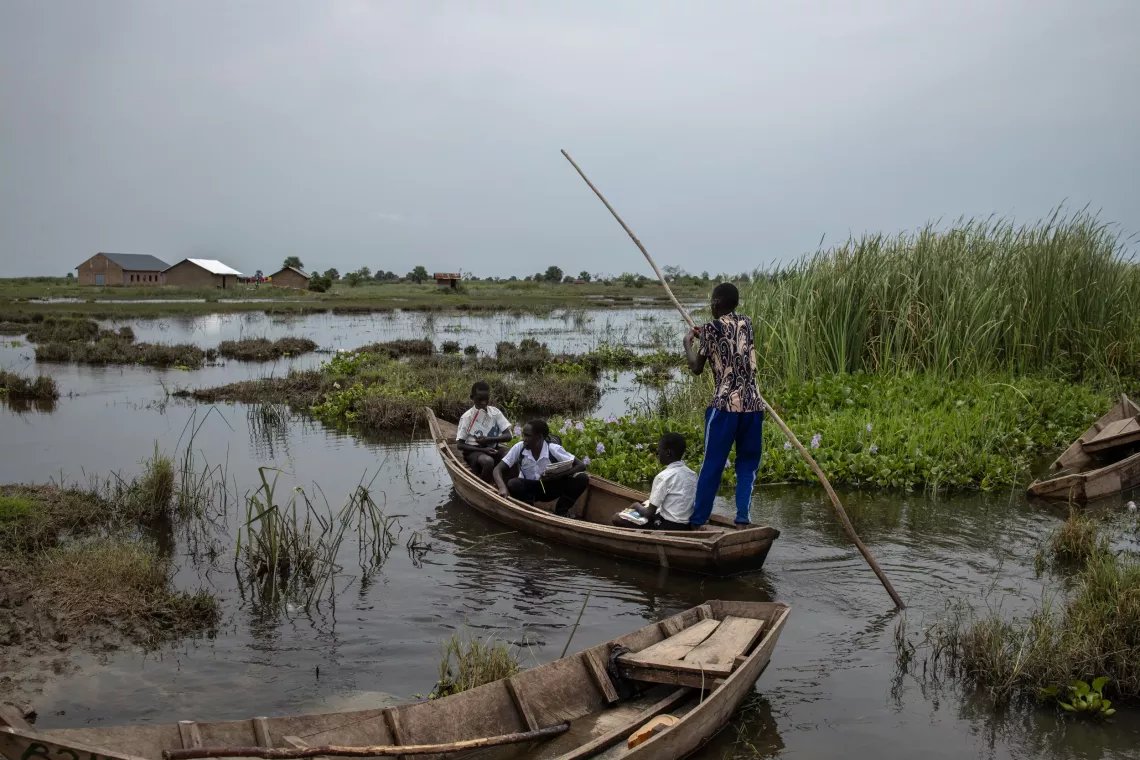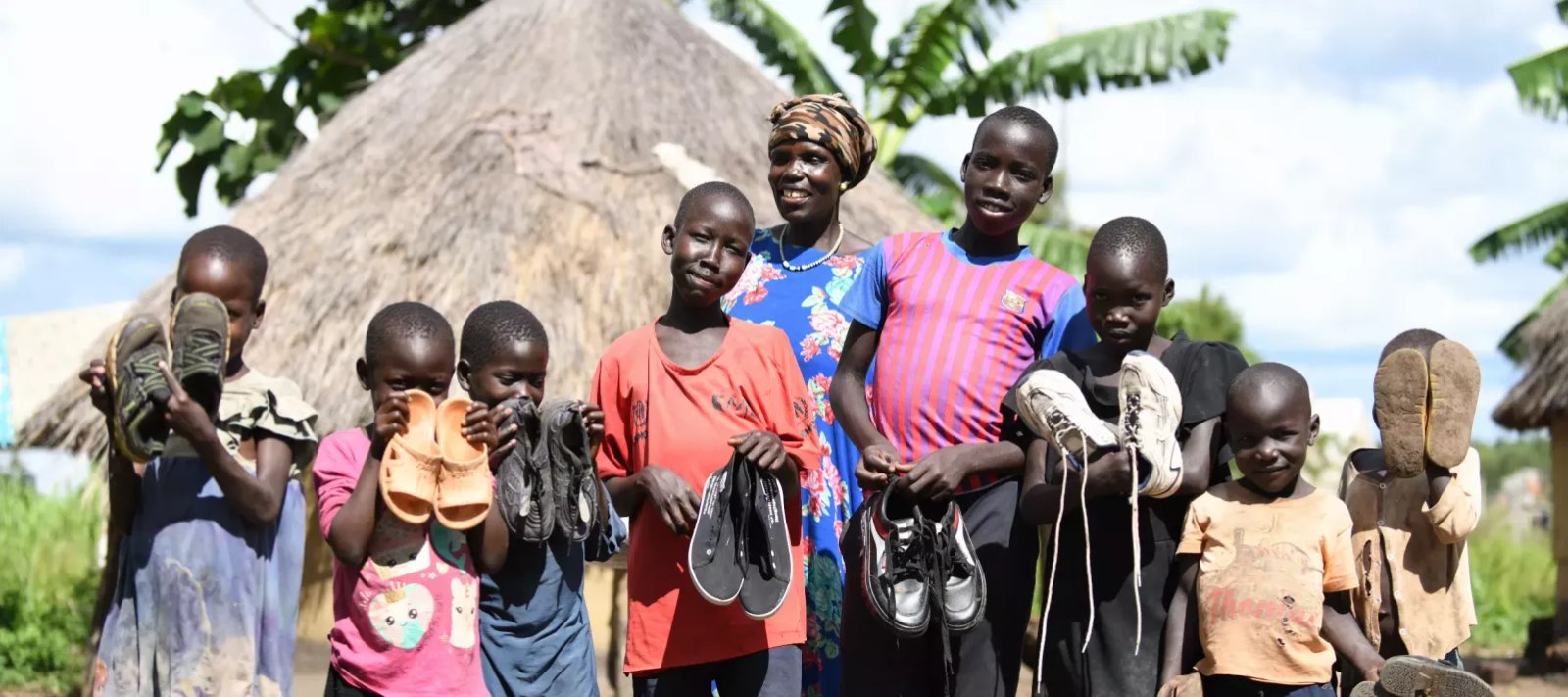
Strengthening Child Protection in Kyangwali and Kyaka Refugee Settlements
A two-year UNICEF program, funded by the UK Government, has made significant strides in strengthening child protection systems in Kyangwali and Kyaka Refugee Settlements in western Uganda. Key outcomes include training 200 police officers and health workers in child protection case management, reaching 9,439 individuals through awareness campaigns, and training 700 para-social workers and child protection committees on preventing violence against children.
Real-Life Impact on Families
For families like that of 19-year-old Agnes Karungi, the impact goes beyond statistics. After being introduced to a para-social worker, Agnes received weekly psychosocial counseling for her special needs child, Vivian, who has cerebral palsy. The support has been transformative, helping both mother and child thrive.
Alice*, a 13-year-old survivor of defilement, received immediate care thanks to the swift actions of a trained para-social worker who reported her case. With comprehensive support from her foster family and ongoing medical care, Alice has begun to rebuild her life, participating in a youth choir and even looking forward to enrolling in a tailoring course.
Empowering Refugee Parents
Korade Kichele, a 63-year-old refugee parent from the Democratic Republic of Congo, has also seen her life change through structured parenting sessions. Initially believing in traditional gender roles, Korade now champions education for her daughters, stating, “One of them is now teaching me English.” She actively engages in family planning and has become an advocate for positive parenting among her peers.
Collaborative Efforts for Child Welfare
Augustine Nyakabwa, the Senior Probation and Social Welfare Officer, highlighted the collaborative approach taken under the program. Training para-social workers and establishing child protection committees has distributed the workload and increased community engagement in protecting children. Augustine expressed relief, saying, “I am no longer doing the work alone.”
The program has also established multi-sectoral committees that meet regularly to address challenges and propose solutions, ensuring every child—refugee or Ugandan—has the protection they need.
Lasting Change Beyond the Program
While the program concluded in 2023, its effects continue to resonate. A total of 928 children received mental health and psychosocial support, and 2,276 parents learned positive parenting techniques. This effort has not only fostered safer environments for children but also built community resilience against violence and abuse.
The stories behind the numbers illustrate the profound impact of UNICEF's initiatives in fostering a culture of protection and support for vulnerable children and their families in Uganda.




